Posted on 3/29/2025
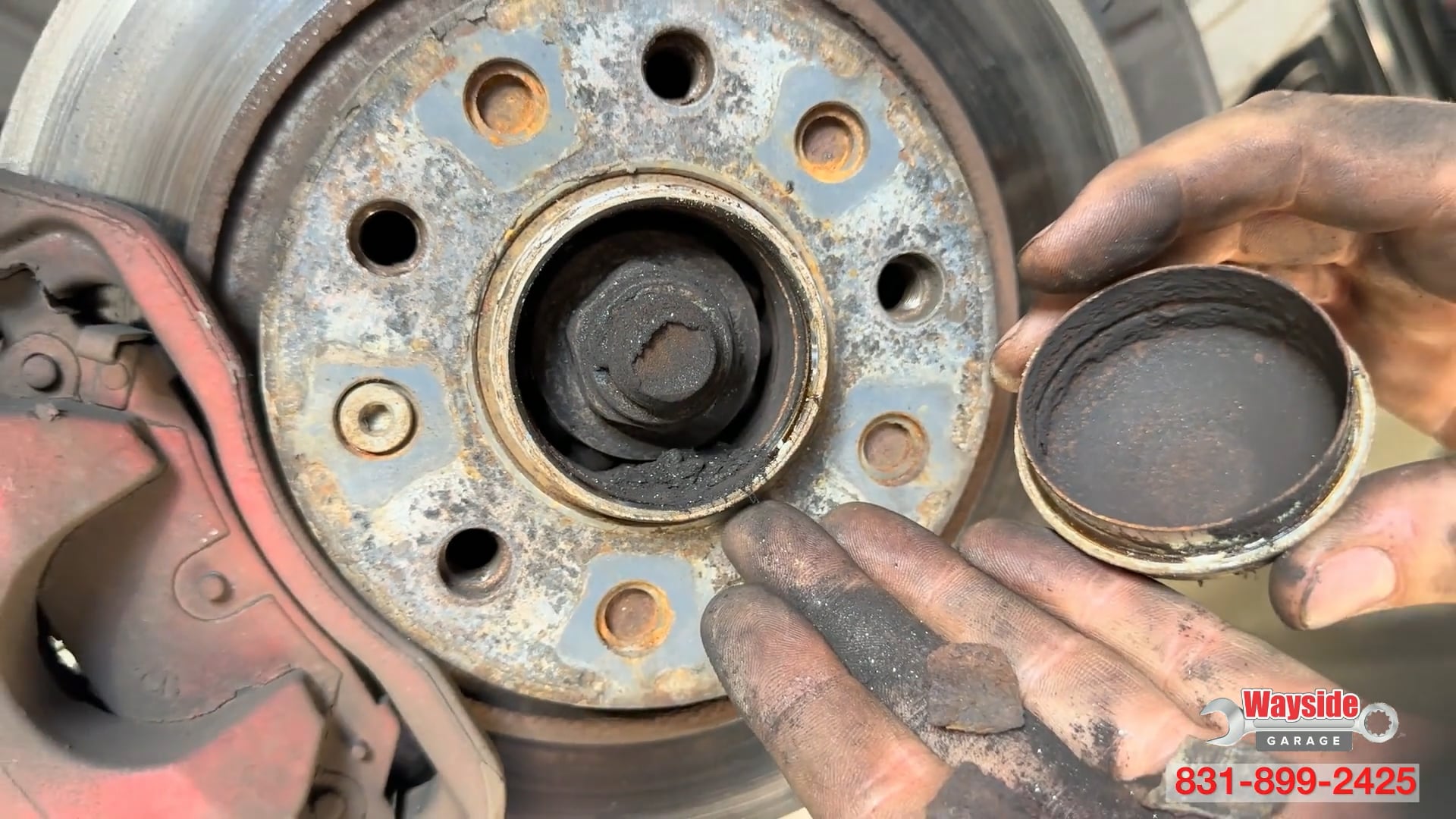
Why Is My Car Making a Humming Noise? Ever been driving along, minding your own business, when suddenly you notice this low, steady humming noise coming from your car? It's kind of like a quiet growl that gets louder as you speed up. At first, you might brush it off—maybe it's the road, right? But if it keeps happening, it’s definitely worth checking out. At Wayside Garage, we see this issue all the time. And while humming noises can be caused by a few different things, they’re often a sign that something’s starting to wear out. Let’s break it down together. 🚘 Is a Humming Noise Something to Worry About? Short answer: Yes—usually. Your car isn’t supposed to hum (at least not loudly). If the ... read more
Posted on 3/26/2025
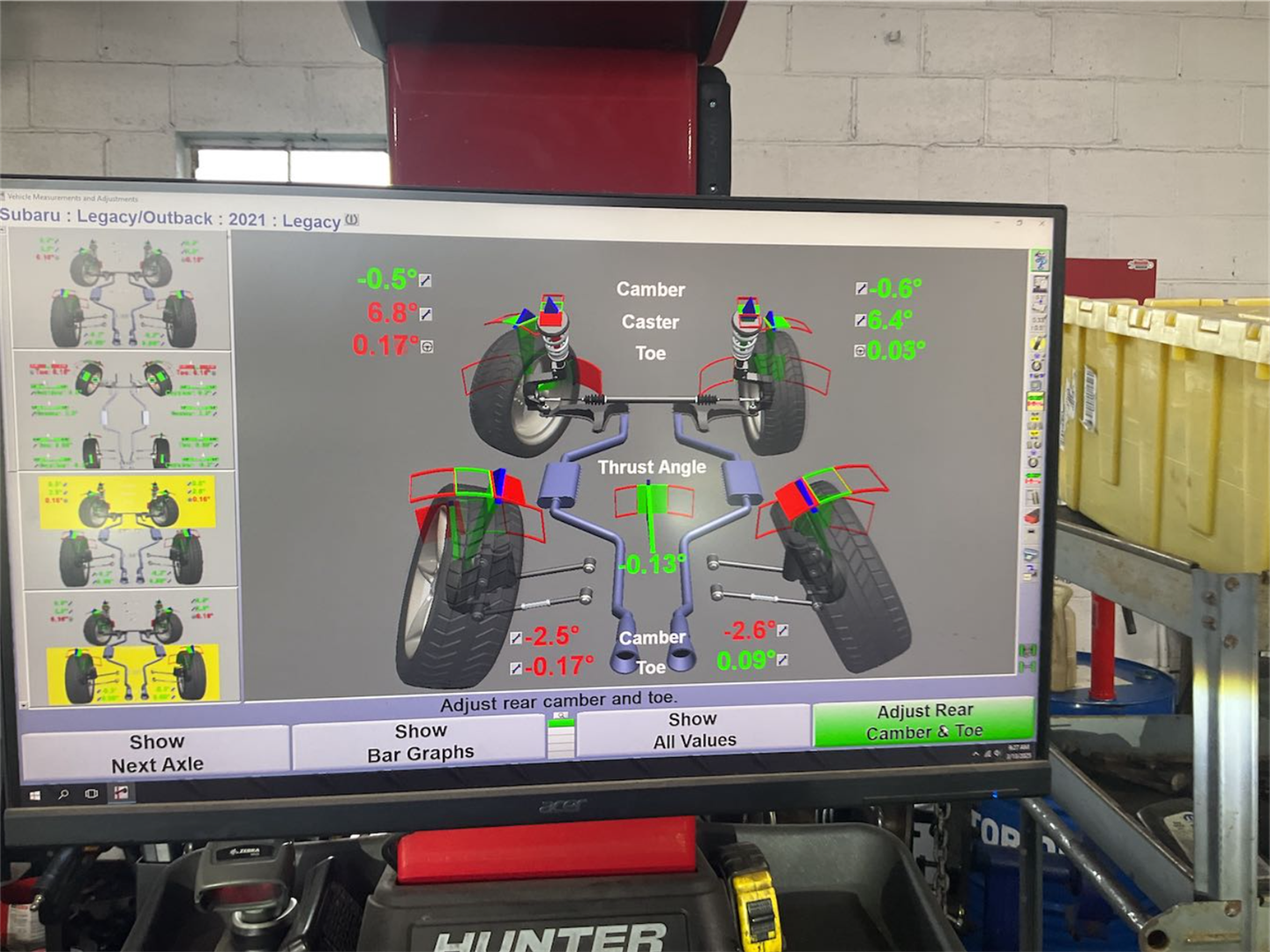
Wheel Alignment Near Me: Why It’s Critical for Your Car’s Safety in Monterey & Seaside Have you ever noticed your car pulling to one side, your steering wheel feeling off-center, or your tires wearing unevenly? These are all signs that your car may need a wheel alignment—and if you ignore them, it could cost you more in repairs and even put your safety at risk. At Wayside Garage, we specialize in precision wheel alignments to keep your car driving straight and handling safely on the roads of ... read more
Posted on 3/24/2025
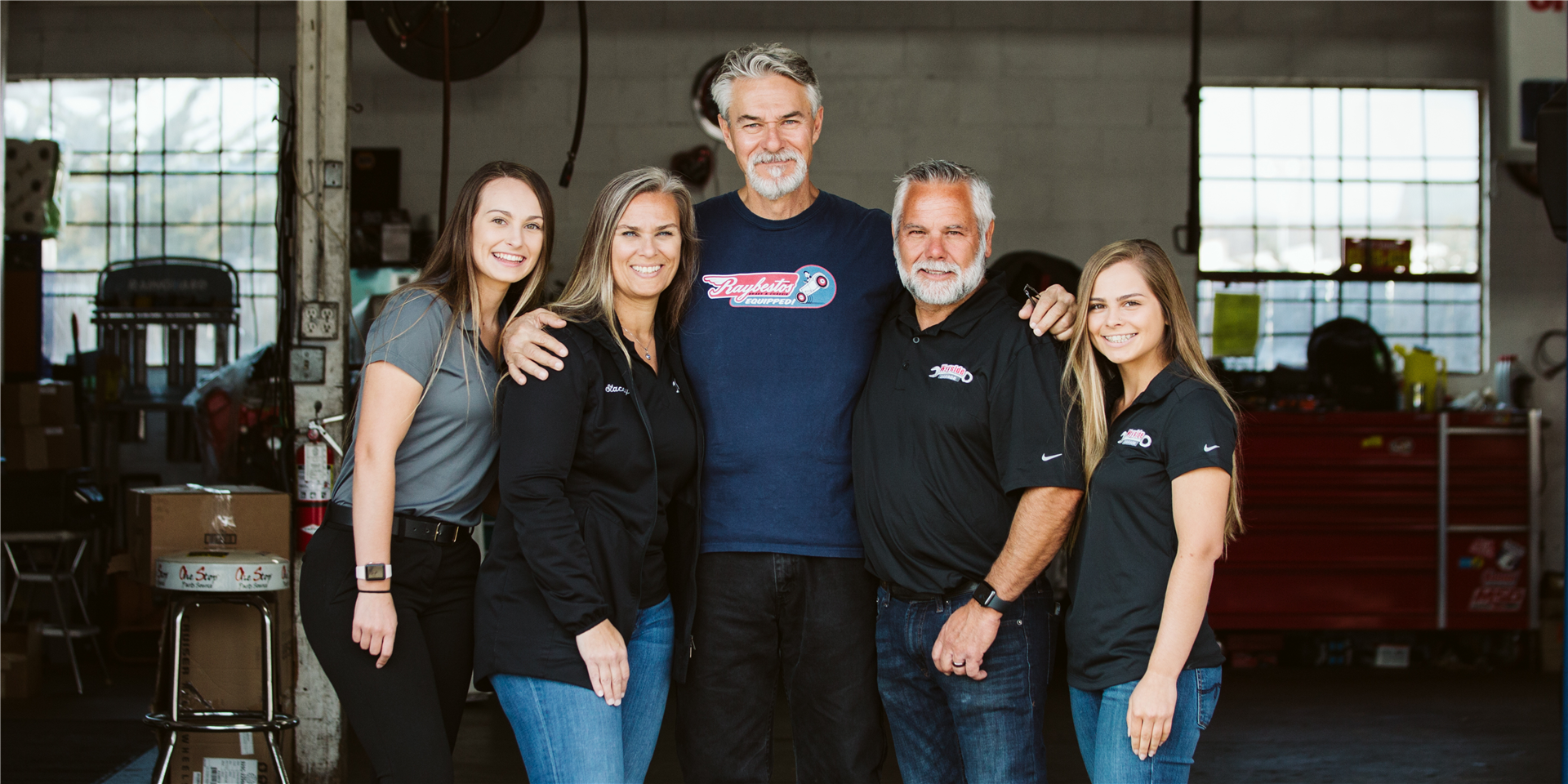
Auto Repair Near Me: How to Find the Best Mechanic in Monterey County When your car starts acting up, the first thing you do is search for “auto repair near me.” But with so many options in Seaside, Monterey, Marina, Carmel, Pacific Grove, and Hwy 68, how do you know which shop to trust? At Wayside Garage, we believe in honest, high-quality service that keeps you safe on the road. Whether you need a simple oil change, brake repair, A/C service, or a full engine diagnosis, finding the right local mechanic is key to keeping your car running smoothly. 🚗 What Our Customers Say: "I came here after reading the reviews… I could ... read more
Posted on 3/13/2025
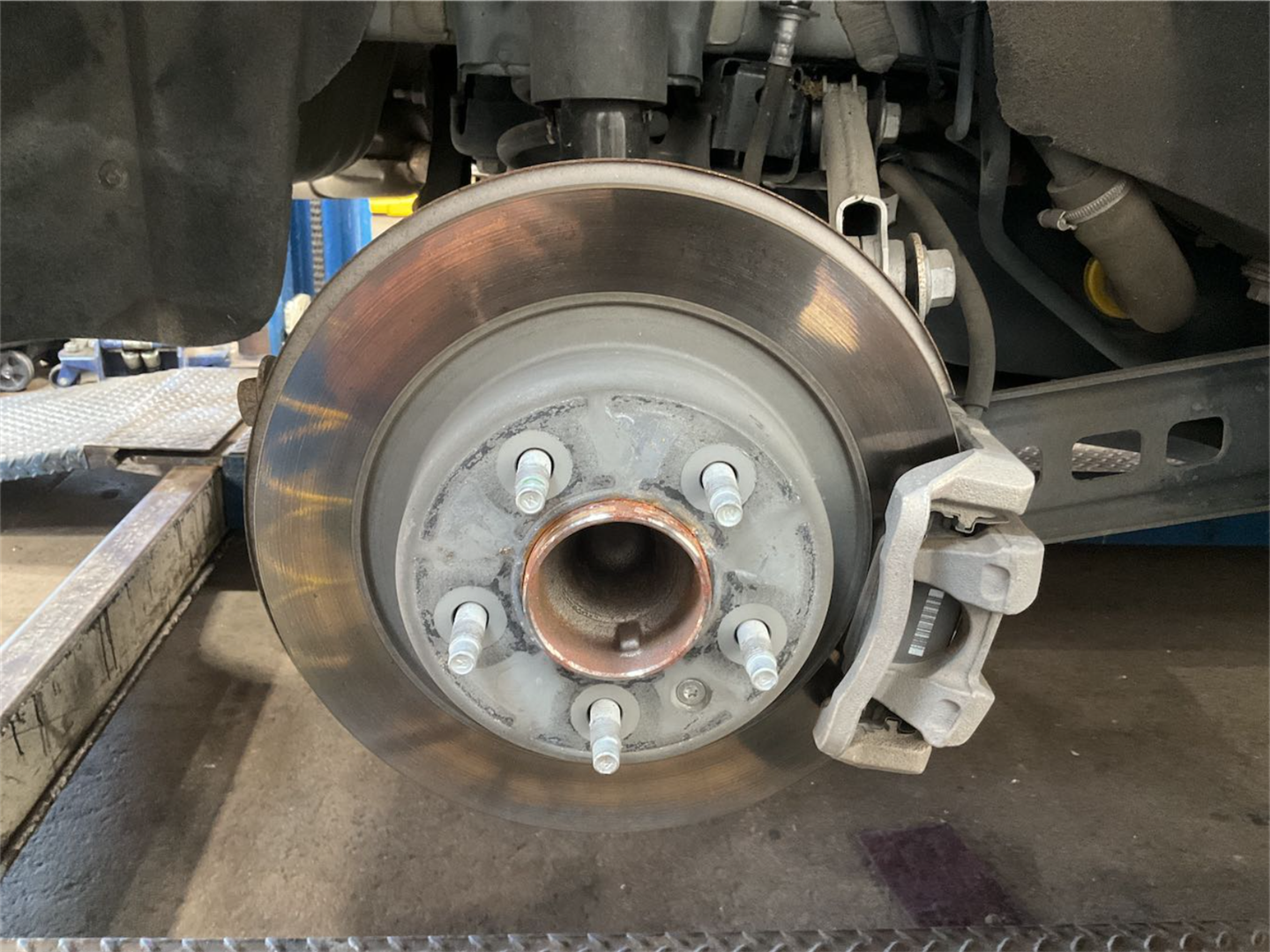
Why Are My Brakes Grinding? Brake Repair in Seaside, Monterey & Pacific Grove Hearing a grinding noise when braking? That awful sound is a warning sign you shouldn’t ignore! Whether you’re driving through Monterey, Seaside, Pacific Grove, or Carmel, CA, worn-out brake pads or damaged rotors could be putting your safety at risk. At Wayside Garage in Seaside, CA, we specialize in brake repair to keep you safe on the road. Here’s what might be causing your grinding brakes and what to do about it. 1. Worn-Out Brake Pads (Most Common Cause!) The #1 reason for grinding brakes is worn-out brake pads. Over time, the friction materia ... read more
Posted on 3/5/2025
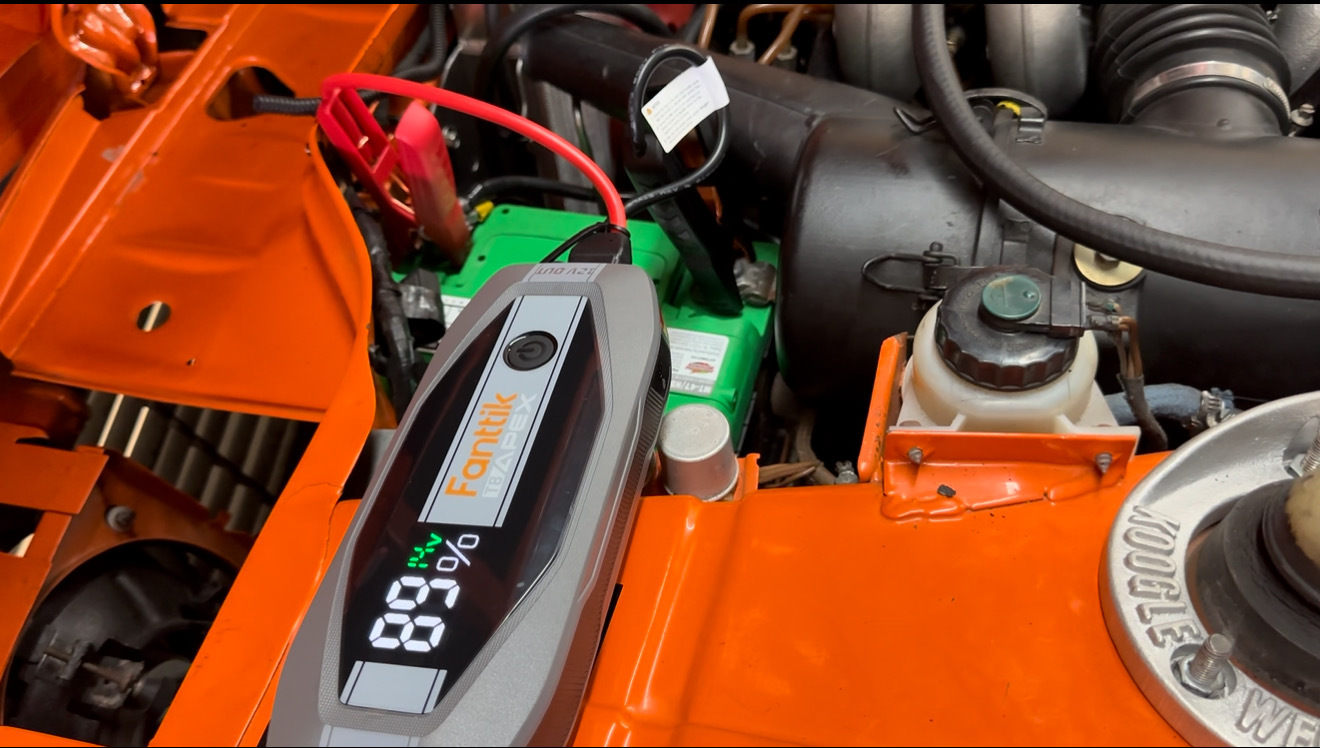
Why Won’t My Car Start? How to Prevent a Dead Battery It’s Monday. It’s raining. You have just enough time to get to work or school. You grab your keys, jump in the car, turn the ignition, and… Click. Click. Click. NO! Almost everyone has faced this dreaded moment—the culprit? Your car battery. Why does a dead battery always seem to strike when you need your car the most? While we can’t control bad timing, we can take steps to avoid—or at least limit—the chances of being stranded with a dead battery. Why Is Your Car Battery So Important? Whether you drive an electric vehicle (EV), a hybrid, or a gas-powered car, your vehicle depends on a healthy battery ... read more